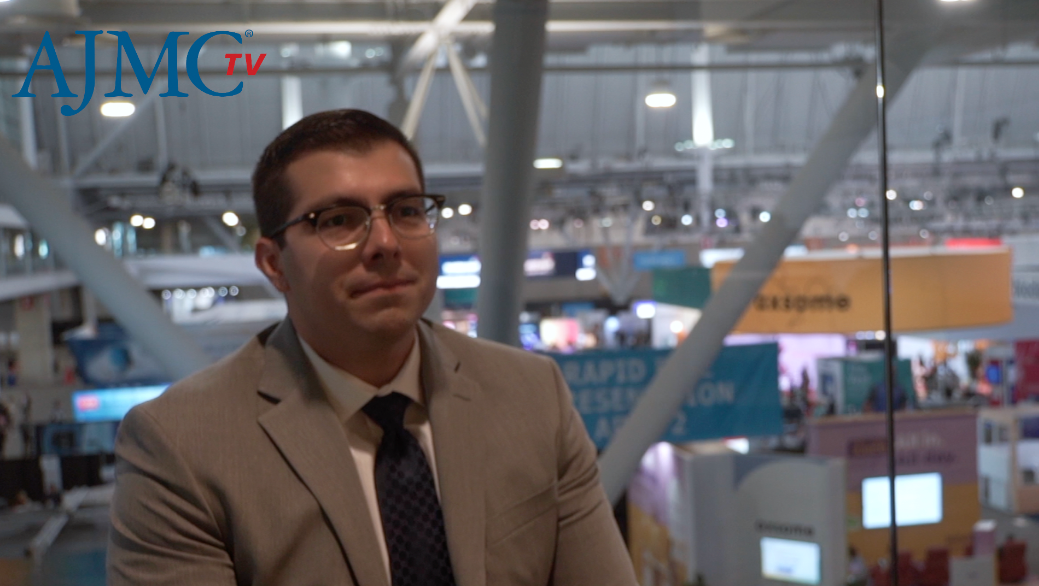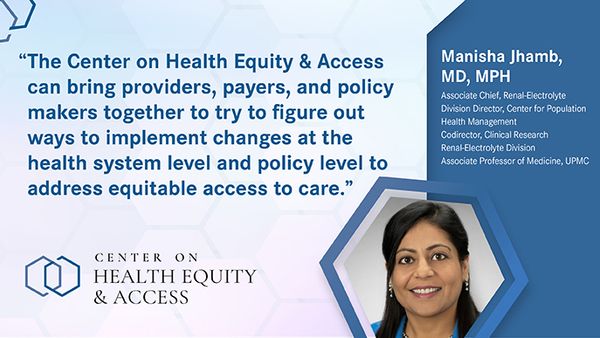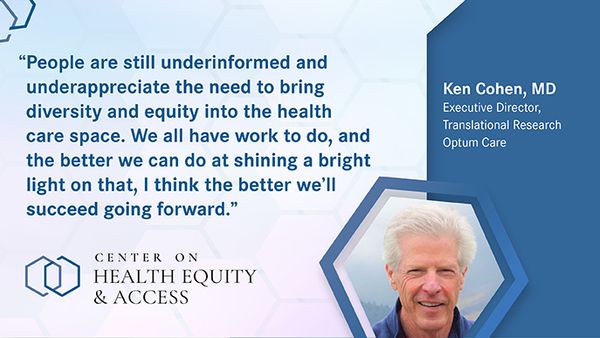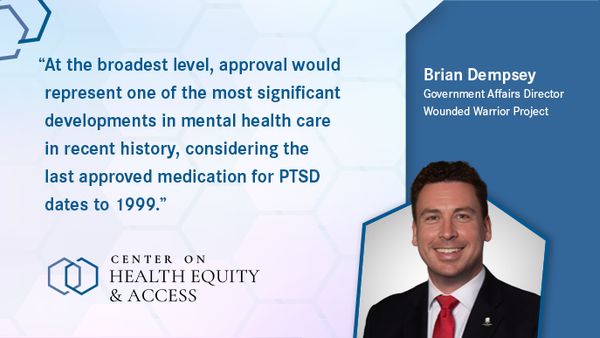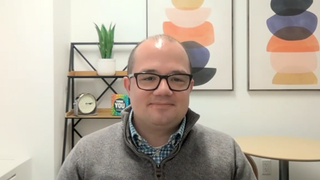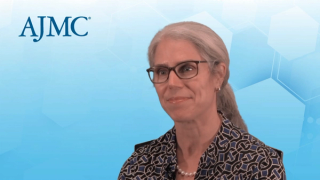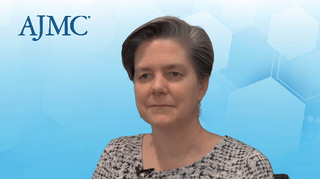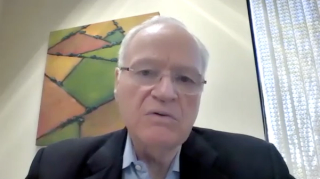
Center on Health Equity & Access
Latest News

Many talks at the Association of Cancer Care Centers (ACCC) 41st National Oncology Conference advocated for the adoption of culturally relevant care, the leveraging of community partnerships, and community engagement to build better trust with patients and improve outcomes.
Latest Videos

CME Content
More News

Naoto T. Ueno, MD, PhD, FACP, of the University of Hawai’I Cancer Center outlines the underrepresentation in clinical trials, the lack of permanent medical oncologists, and issues of trust affecting care for the populations living in Hawaii.

Financial toxicity and patient and staff wellness were well explored at the Association of Cancer Care Centers (ACCC) 41st National Oncology Conference, serving as the focal point of multiple posters and presentations.

One of the key highlights was the discussion of Pulmonary Embolism Response Teams (PERT), addressing controversies in PE management and focusing on personalized, patient-centered care.

Two posters presented at CHEST 2024 revealed significant racial and ethnic disparities in the hospitalization and treatment of patients with idiopathic pulmonary fibrosis (IPF), with Black patients hospitalized at younger ages but less likely to receive antifibrotic medications than White patients.
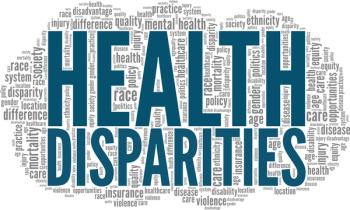
Mortality outcomes were analyzed for the COVID-19 public health emergency period, from March 2020 through May 2023, to see if there were any apparent differences according to race or ethnicity.

Individuals with self-reported moderate to severe psoriatic arthritis (PsA) face a higher disease burden, particularly among Black participants, highlighting the need for a better understanding of the interplay between PsA severity and racial and ethnic disparities.
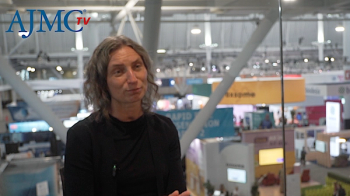
During CHEST 2024, Maxine Dexter, MD, Kaiser Permanente, discussed her belief in the vital role of physicians in public health advocacy, drawing from her legislative work on issues as a former Oregon State Representative.

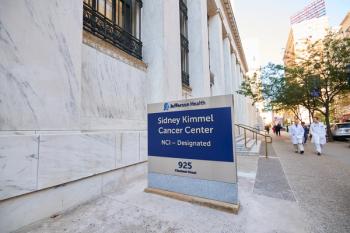
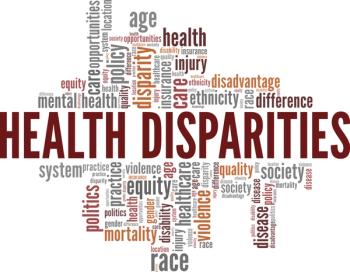
Outcomes of interest in this study were time from diagnosis to initial prescription fill for an oral multiple myeloma (MM) medication and time from initial diagnosis to receipt of any treatment for MM.

The prior authorization process for patients with cancer demonstrates fewer days until submission and lower denial rates for Asian patients relative to White patients.
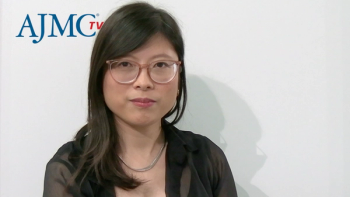
Io Hui, PhD, researcher at The University of Edinburgh, discusses challenges to implementing artificial intelligence in respiratory care.

According to KFF’s annual Employer Health Benefits Survey, the average premium for family coverage now stands at $25,572, with workers contributing an average of $6296 annually.

Research from the Heart Failure Society of America Annual Scientific Meeting evaluated remote physiological monitoring for treating systolic heart failure (HF), as well as the impact of a heart transplant allocation system on urban and rural communities.
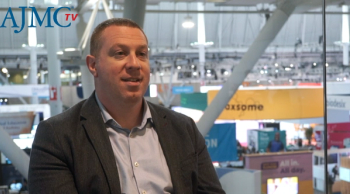
Hope is on the horizon for patients living with chronic obstructive pulmonary disease (COPD). CHEST 2024 in Boston featured a session highlighting emerging bronchoscopic therapies.

Experts at CHEST 2024 highlighted significant racial disparities in lung cancer screening, treatment, and outcomes, recommending system-based interventions to improve care equity for patients of color.
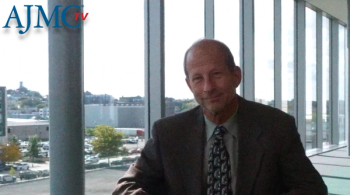
One of the first sessions to kick off CHEST 2024 in Boston looked at the future of physician compensation, which highlighted the consolidation of physician practices, unionization, the role of coding and fee-for-service payment, and the impacts of facility reimbursement, inflation, and market conditions.
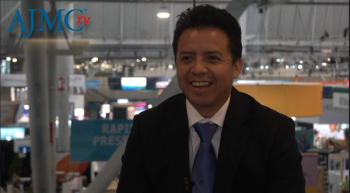
In this interview, Juan Carlos Martinez, MD, explains that while patients recognize the severity of lung cancer, there is a lack of knowledge about lung cancer screening methods, likely due to barriers such as language, education, and health care access.

The Center on Health Equity & Access is dedicated to reducing health care disparities by exploring innovative solutions, policies, and research that advance health equity for diverse populations.

The extent to which certified community behavioral health clinic expansion reaches different parts of the country remained unclear until this study, which measured the proportion of US counties and populations within the service areas.

Hemolysis, elevated liver enzymes, low platelet (HELLP) syndrome, and severe preeclampsia significantly elevate cardiovascular risk during delivery, study finds.

The legacy of redlining continues to harm minority health, with Black individuals facing higher rates of health issues, linked to environmental factors and limited access to resources in regions previously redlined.

Despite being eligible for guideline-directed medical therapy (GDMT), tens of millions of patients across the globe are not receiving the heart failure care they need.

The Supreme Court’s decision, paired with the newest data demonstrating the public impact of the opioid crisis, illustrates the legal potential in addressing the crisis and the ongoing public health challenges of treatment access.

The 25th International AIDS Conference took place July 22-26 in Munich, Germany, and one of the sessions delved into the potential impact of civil society laws on the 95-95-95 targets as laid out in the UNAIDS Global AIDS Strategy for 2021 to 2026.
